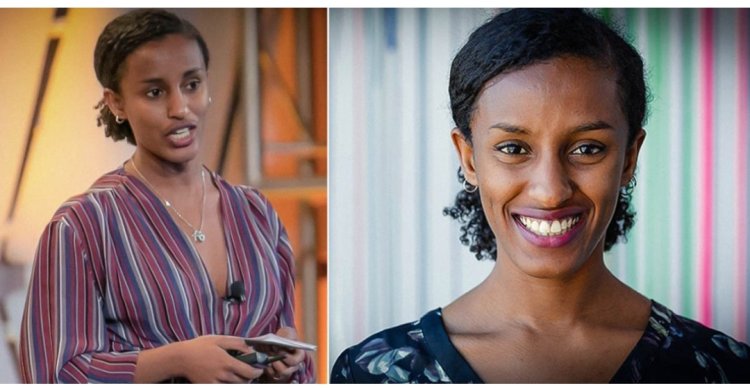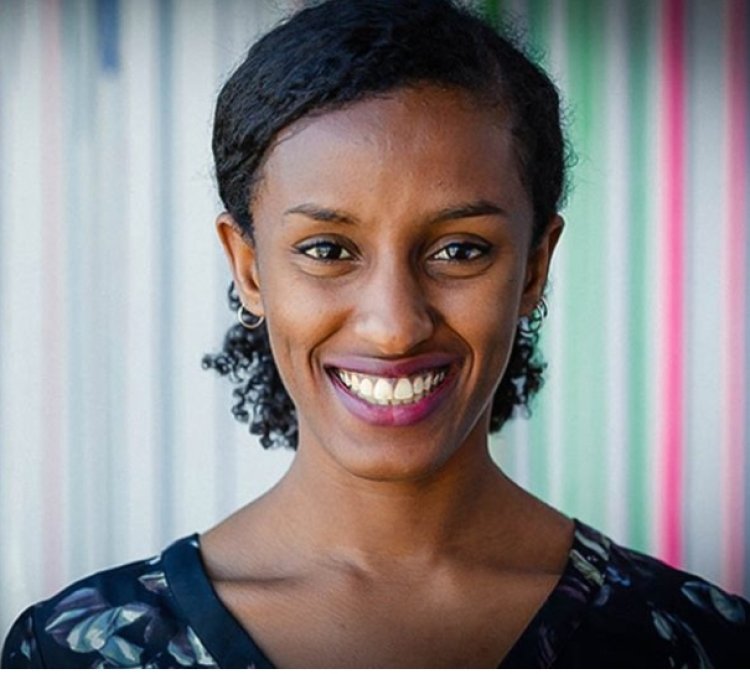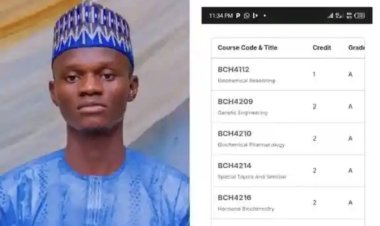28-year-old black lady bags PhD in Computer Science, sets record at New York University
Abebe's research is centered on algorithms and artificial intelligence, with a specific focus on their applications for equity and social good. She is known for designing and analyzing algorithmic, discrete optimizations, network-based, and computational techniques that aim to enhance access to opportunities for historically disadvantaged communities.

Rediet Abebe, a 28-year-old native of Addis Ababa and a Junior Fellow at the Harvard Society of Fellows, has made history by becoming the first black woman to receive a Ph.D. in computer science from Cornell University in New York. Her groundbreaking achievement is not only a testament to her academic excellence but also her commitment to using her expertise to address issues of equity and social good.

Abebe's research is centered on algorithms and artificial intelligence, with a specific focus on their applications for equity and social good. She is known for designing and analyzing algorithmic, discrete optimizations, network-based, and computational techniques that aim to enhance access to opportunities for historically disadvantaged communities.
READ ALSO: Exceptional 14-year-old Nigerian boy wins Young CEO Award in the US
Her contributions go beyond research, as Abebe is a member of the NIH Advisory Committee to the Director working group on artificial intelligence. She is also the co-founder of "Black in AI," a non-profit organization dedicated to improving diversity in the field of artificial intelligence. In addition, she co-founded "Mechanism Design for Social Good (MD4SG)," an interdisciplinary research initiative and workshop series that involves participants from over 100 institutions in 20 countries.
Abebe's doctoral thesis, titled "Designing Algorithms for Social Good," focuses on solutions to enhance societal welfare. Her research addresses critical issues such as income shocks faced by economically disadvantaged families dealing with job loss or income gaps.
RECOMMENDED FOR YOU: 16-year-old boy wins $9million scholarship to study in 170 US universities, sets new world record
Rediet Abebe draws inspiration from her home country, Ethiopia, where she observed universal income inequality. She witnessed striking disparities in living conditions, with "big mansions" existing alongside "plastic homes" on the same streets. This experience deeply influenced her identity as a person and a researcher.
In her own words, "If you do computer science or applied mathematics and ultimately other fields, you can work on really interesting challenging mathematical questions. You can do a lot of data-driven work, you can play with data. But, you can also think about problems that affect society immediately." She aspires to leverage her work and organizations to continue diversifying the technology landscape.
INCASE YOU MISSED: Nigerian Working Mom of Four Achieves Lifelong Dream, Passes US Bar Exam After a Decade of Perseverance
Rediet Abebe's educational journey is marked by academic excellence, including a bachelor's degree in mathematics from Harvard College, a master's degree in Mathematics from the University of Cambridge, and another master's degree in Applied Mathematics from Harvard University.





